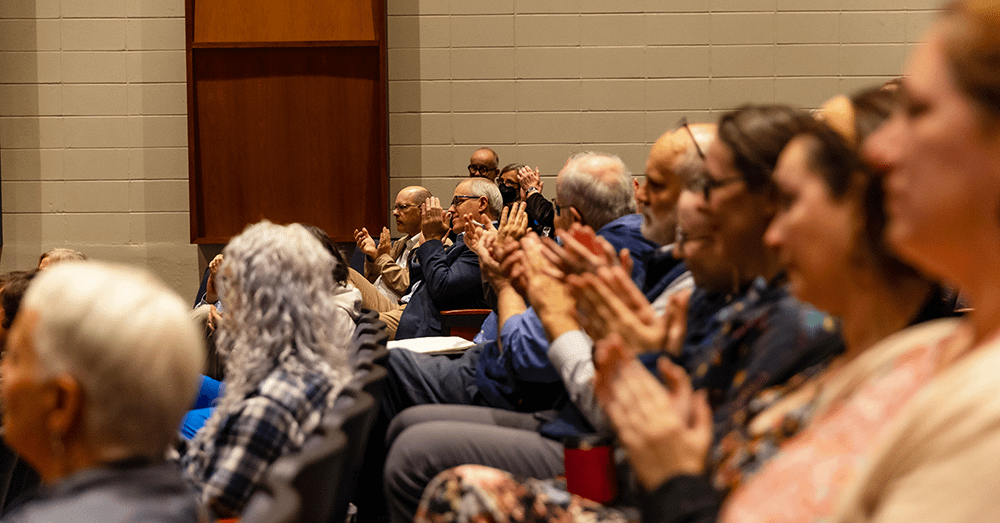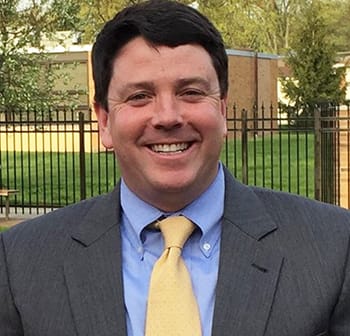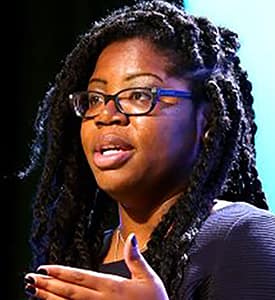Intern Lacroix ’23 dives into federal fish management
Her summer experience working at USFWS Essex office and far-ranging field sites is being funded by $25k grant, as Professor Declan McCabe keeps alive opportunities first facilitated by retired biology faculty predecessor Doug Facey
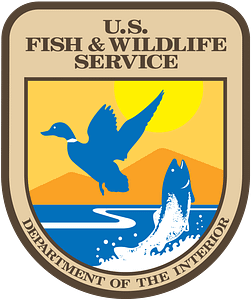 Thanks to a $25,000 cooperative agreement that funds her internship with the U.S. Fish and Wildlife Department, Saint Michael’s biology major and Northeast Kingdom native Maria Lacroix has been traveling all over Vermont and parts of New York this summer focused on rehabilitation of fish habitat and such species as Atlantic Salmon, Brook Trout and Lake Trout.
Thanks to a $25,000 cooperative agreement that funds her internship with the U.S. Fish and Wildlife Department, Saint Michael’s biology major and Northeast Kingdom native Maria Lacroix has been traveling all over Vermont and parts of New York this summer focused on rehabilitation of fish habitat and such species as Atlantic Salmon, Brook Trout and Lake Trout.
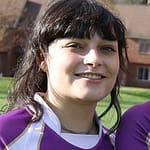
Maria Lacroix from a Saint Michael’s Women’s Rugby Team file photo.
Declan McCabe of the College biology faculty said that when longtime colleague Doug Facey, the department’s resident fish expert during his extended St. Mike’s career, retired in December, he handed off oversight of such internship programs to McCabe, who has worked with College and federal Fish & Wildlife staff since the new year to write the latest proposal for funding Lacroix’s experience.
He said the new program from this year’s round of funding is called “Lake Champlain Aquatic Connectivity Assessment/Evaluation Project.” Rather than being a grant simply awarded to Saint Michael’s as in some science-funding scenarios, it is a funded cooperative agreement with U.S. Fish and Wildlife under the “Partners for Fish and Wildlife” program.
McCabe is officially the principal investigator on this $25,000 grant for a Saint Michael’s intern each summer to work for Fish and Wildlife’s federal office in Essex – though, he said his role in fact “is primarily limited to approving her hours paid through Saint Michael’s.” Instead of campus field and lab work common for many science summer researchers, Lacroix spends her internship time either at the federal agency’s Essex Junction office, or at field sites.

Professor Declan McCabe
McCabe said Facey previously had written about five such proposals over many years for similar grant-funded opportunities, so when the task fell to McCabe, he was grateful this year for essential help from U.S. Fish & Wildlife’s Chris Smith and David Minkoff, and also for “tons of support from the Saint Michael’s Assistant Controller Melissa Tourville and Director of Advancement Programs Angela Irvine to write a new proposal.”
Lacroix is a native of Charleston in Vermont’s Northeast Kingdom, which she describes as being “15 minutes from Lake Willoughby and 45 minutes from the Canadian Border”. Along with her biology major, she has minors in chemistry and visual art and has played for the women’s rugby team since fall of her first year.
Fishin’ Mission
As part of the internship, Lacroix has been traveling and working at sites around Vermont and New York, including fieldwork in Essex, NY, at the Eisenhower Federal Fish Hatchery, at White River Federal Fish Hatchery, and in East Burke, VT, and Wilmington VT. “The goal for the internship has been to introduce me to different projects within USFWS and gain professional experience by helping with each project,” said Lacroix. “I applied for this internship because of my interests in ecology and natural resources, my job experience primarily being in trail conservation work.”
The majority of her work for the internship has focused on “the rehabilitation of habitat and rehabilitation of various salmonid species, including Atlantic Salmon, Brook Trout and Lake Trout,” she said, adding that her field research through the Essex Junction USFWS office was “primarily looking for results” – that is, healthy fry – from the stocking of Atlantic Salmon broodstock last season. The word “fry” in a hatchery context refers to a recently hatched fish that has reached the stage where the fish can actively feed for itself. The word “broodstock” refers to a group of mature fish individuals used in aquaculture for breeding purposes.
While at the two federal hatcheries, Lacroix assisted with day-to day maintenance and care for fish that either will be stocked in lakes and rivers or kept for future broodstock. “My past two weeks were spent with Trout Unlimited doing strategic wood additions as part of projects to rehabilitate degraded rivers and improve trout habitat,” she said in late July.
Lacroix says this experience has been interesting to her since it has allowed her to apply se of what she has learned in her biology major classes in a professional setting – particularly lessons from her Ecology and Evolution course.
“I’ve been learning a lot about fish biology and bits and pieces about hydrology and forestry through this internship.” she said. Lacroix plans to take more classes in the next two years that are geared toward her interests in forestry, ecology and microbiology.



